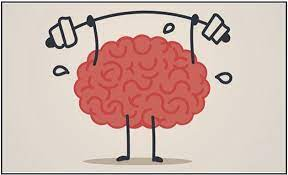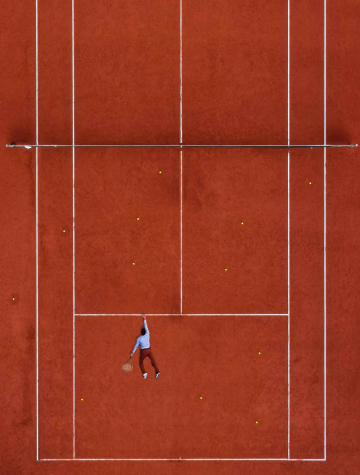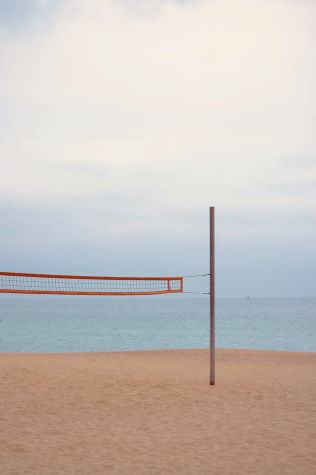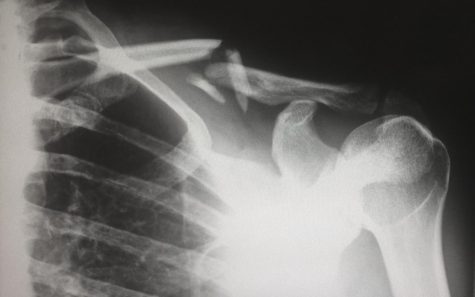Harnessing Your Inner Athlete

There are many athletes who know a lot about sports, but what a lot of athletes don’t know is that every sport is a mental game. Yogi Berra says “Baseball is 90% mental and 10% physical.” There are athletes all over the world training their body day and night. What about their mind? If 90% of the game is mental, and an athlete’s not train their mind, they’re only training 10%. When only playing at 10%, leaving 90 intact, they will never reach their full potential, and will never get into the zone. When building an athlete’s mental toughness, some tactics include focusing on what they can control, moving on to the next play, and using a mentor to further their knowledge.
It is said that athletes are tough, that mainly refers to physical strength. What about when a team is on the court, down by 10 and they have to work themselves all the way back up to win? Now that is mental toughness. That team has the ability to get through the anger, rage and the doubt, they build off of their feelings and make themselves better through it. In the book Chop Wood Carry Water by Joshua Medcalf, he says “I know that it seems like life is unfair right now, and you want things to be easier, but the rough side of the mountain will actually prepare you for life much better than the smooth side. Believe it or not, the setbacks of today can quickly become the forging blades of greatness for tomorrow.” This quote very closely relates to every sports game. When things an athlete can’t control are happening in the game, it feels so unfair in the moment. When a team is down by lots of points and still has to keep going, that’s the rough side of the mountain. Although these things are hard they will build the mind of an athlete in extraordinary ways.

Toughness of the mind is a broad topic. This mental strength can be used anywhere and everywhere in an athlete’s game. Whether it is with coaches, teammates, other teams or especially referees. It will be hard to obtain these skills, but when athletes do it will raise their game so many levels. In the book Toughness: Developing true strength on and off the court by Jay Bilas a main topic is Next Play. “ “Next Play” doesn’t mean Brey doesn’t carefully evaluate the game to determine exactly what his Irish did right and did wrong, or that he and his team were not accountable. It supplies and powerfly signals that the focus is on how to get better now rather than dwelling on the past ” (Bilas 158). This topic hits heavy on focusing on what athletes can control and moving on. Next play tells the athlete to let it go and move on, keeping their head in the game. At the end of the day it’s the athlete’s game, no one is going to know there was a bad call or a rude coach, it’s the athlete’s choice to get mentally tough and move on.

Whether it be wisdom from a great athlete or even a coach, having someone to look up to and be a mentor allows an athlete to have a guided pathway. In the book Wisdom Lunch Warrior By Rod Olson, it is said “We want our coaches and business leaders to see themselves as unconditional mentors”. This is important because athletes want their mentors to pour into them. This mentor mentee relationship allows both parties to grow in different ways. In this book one of the best pieces of advice a mentor gave was “surrender what you cannot control and dominate your controlables” This is really great mentor advice. This quote applies to all aspects of life whether in a sports game where the referee is unfair in the calls they make, or if a teacher unfairly grades.

There are two sides to every sports game. The mental side and the physical side. To be great, like almost all athletes strive to be, they have to strengthen and develop both. There are many different strains of mental toughness, including controlling what the athlete can control, focusing on the next play, and finding a mentor. All of these aspects will take athletes to the zone. When athletes are in a game, and their mind is there and their body’s there, and they are all working everything together in unison to perform. That’s the zone. Professional athletes are lucky to get to that zone a couple times in their entire career. In order to get there, it takes intense training. Not just of the athlete’s body but of their mind.

Book Citations
Bilas, Jay. Toughness: Developing True Strength on and off the Court. New American Library, 2014.
Medcalf, Joshua. Chop Wood Carry Water: How to Fall in Love with the Process of Becoming Great. Lulu Publishing Service, 2015.
Olson, Rod. The Wisdom Lunch Warrior: “5 Marks of a Mature Leader”. Rod Olson Consulting, 2015.
Photo Citations
Mallory, Penny. “Mental Toughness or Mental Strength” https://www.pennymallory.co.uk/w hy-mental-toughness-and-not-mental-strength. Accessed 7 April 2021.
Fletcher, Molly. “Please don’t ask someone to be your mentor” https://mollyfletcher.com/dont-ask-someone-to-mentor-you/. Accessed 7 April 2021.

